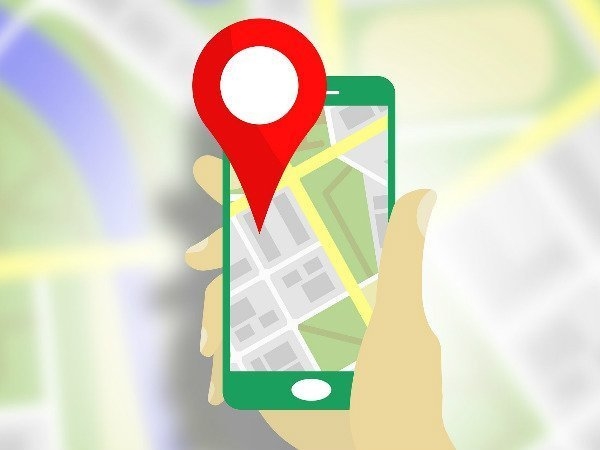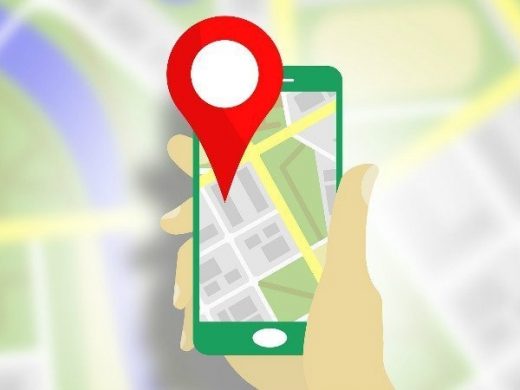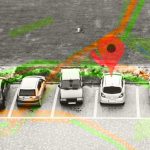Google Tracks Android Phones Even When Location Services Are Disabled
Google Tracks Android Phones Even When Location Services Are Disabled
by Laurie Sullivan , Staff Writer @lauriesullivan, (November 23, 2017)
Reports are surfacing that Google can track smartphone users running the Android operating system even when location services are disabled. It’s not that apparent when you move from one location to another within, say, 50 miles. But when you travel several hundred miles and then try to log in to its services such as Gmail, Google has been asking for a password each time you close the browser. The two could be unrelated — a bug in the system — but it’s not likely.

Google’s Android operating system began requesting the unique addresses of mobile phone masts, called Cell ID, during the beginning of 2017, according to one report. The report states that Google has confirmed it can track the location of Android users through the addresses of local mobile phone masts, even when location services are turned off and the sim cards are removed.
According to a Google spokesperson, per the report, the idea is to use the Cell ID codes as an additional signal to improve the speed and performance of message delivery, but the data was never used or stores.
“By the end of November, the company said, Android phones will no longer send cell-tower location data to Google, at least as part of this particular service, which consumers cannot disable,” according to Quartz.
In the coming years, it’s my opinion that there will be a lot of privacy control settings within mobile devices that consumers will not be able to disable. These settings will reside in places from the Cell ID to the semiconductor chip that makes the phone operate.
As Quartz reports, “while information about a single cell tower can only offer an approximation of where a mobile device actually is, multiple towers can be used to triangulate its location to within about a quarter-mile radius, or to a more exact pinpoint in urban areas, where cell towers are closer together.”
And as Google and other companies delve deeper into designing and manufacturing their own devices, specifically smartphones, the concept of privacy diminishes and eventually disappears.
MediaPost.com: Search Marketing Daily
(44)













